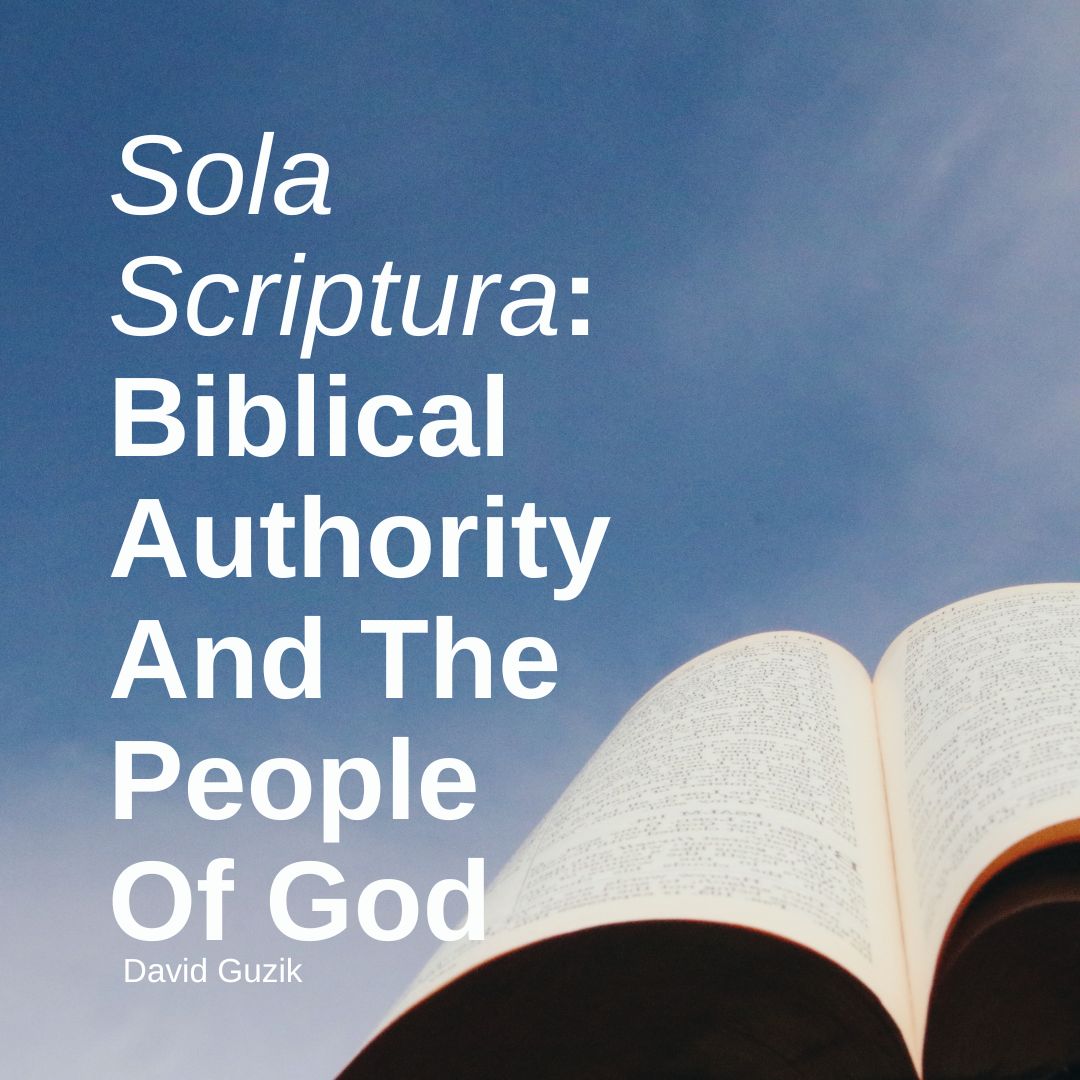
Editor’s note: This article was originally published on June 21, 2017 and is part one of a five-part series.
Introduction to the Five Solas
The great men of the Reformation: Martin Luther, Ulrich Zwingli, John Calvin, and those associated with them, declared their beliefs in a series of “solas” (solae if you are really into Latin). From Latin, sola means “alone” or “single.” We get our words “solo” and “solitary” from this Latin root. The classic sola statements of the Reformation were and are:
Sola Scriptura (Scripture Alone)
Sola Fide (Faith Alone)
Sola Gratia (Grace Alone)
Sola Christus (Christ Alone)
Sola Deo Gloria (Glory to God Alone)
Sola Scriptura appears first on most lists of the five solas, and for good reason.
The Bible is a book that truly stands alone. It is unique in its continuity, its circulation, its translations, its survival, its honesty, its reliability, and its influence. The Bible stands alone in so many ways.
The True Meaning of Sola Scriptura
Yet when the Reformers proclaimed Sola Scriptura, what they really had in mind was to declare the Christian’s source of authority. Our fundamental authority is God, and God has expressed His mind and His will in and through the Holy Bible, the Hebrew and Greek Scriptures that we commonly call the Old and New Testaments.
God expresses His mind and will in other ways. He reveals Himself in creation (Romans 1:20). God reveals Himself in the conscience of man (Romans 2:15). God can also speak through traditions (1 Corinthians 11:2). Yet, none of those things are the ultimate authority. God’s word—the Bible—is always the ultimate authority (2 Timothy 3:16).
So, we say Sola Scriptura because the Bible stands alone in authority.
Yet remember that Sola Scriptura was never meant to deny that those other ways God speaks have their place and can be useful, but it does mean that the Bible has more authority than any of them or all of them. Everything comes back to the Bible.
Beyond Tradition: The Ultimate Authority
In the Middle Ages, it was often taught that the Bible and church tradition were equal in authority. God raised up mighty men like Martin Luther to stand against that wrong idea. Therefore, in his famous Leipzig debates with John Eck in June and July of 1519, Martin Luther said: “A simple layman armed with Scripture is greater than the mightiest pope without it.”¹
Almost 20 years later, Martin Luther wrote: “The true rule is this: God’s Word shall establish articles of faith, and no one else, not even an angel can do so.”² This was a powerful foundation for the remarkable work God did in the Reformation.
To thoroughly bring everything back to the Bible and recognize it as the true authority for faith and practice was something of a revolution.
We may respect traditions and religious authorities, but our ultimate authority is God’s Word as given in the Bible.
We recognize this even over the teaching of the Reformers themselves. It has sometimes been observed that if Martin Luther time traveled to our present day and walked into a typical modern evangelical church (let’s say a good, Bible-believing one), there would be much he would not approve of. To begin with, he would not approve that babies were not being baptized. He would not approve that the Lord’s Supper was not observed every week and in a certain ceremony. He probably would not approve of the lack of liturgical structure.
In regard to that, I would say, “Thank you, Martin Luther.” He and other reformers of his time firmly planted the flag for the authority of the Bible, even above their own authority. In fact, I think we honor Dr. Luther when we take him at his word and do what we earnestly and honestly believe the Bible instructs us to do, even when it disagrees with Luther’s own thought and practice.
We respect these great men of the past and want to learn what we can from them. We do not arrogantly dismiss their thinking and conclusions with the automatic thought that we know better today. Yet, at the end of it all, we stand where they told us to stand: Sola Scriptura, the Bible itself is our ultimate authority.
References
¹Roland Bainton’s classic biography on Luther, Here I Stand:A Life of Martin Luther [Nashville: Abingdon Press, 1950], p. 117
²Smalcald Articles, Part II, Article 2.15







